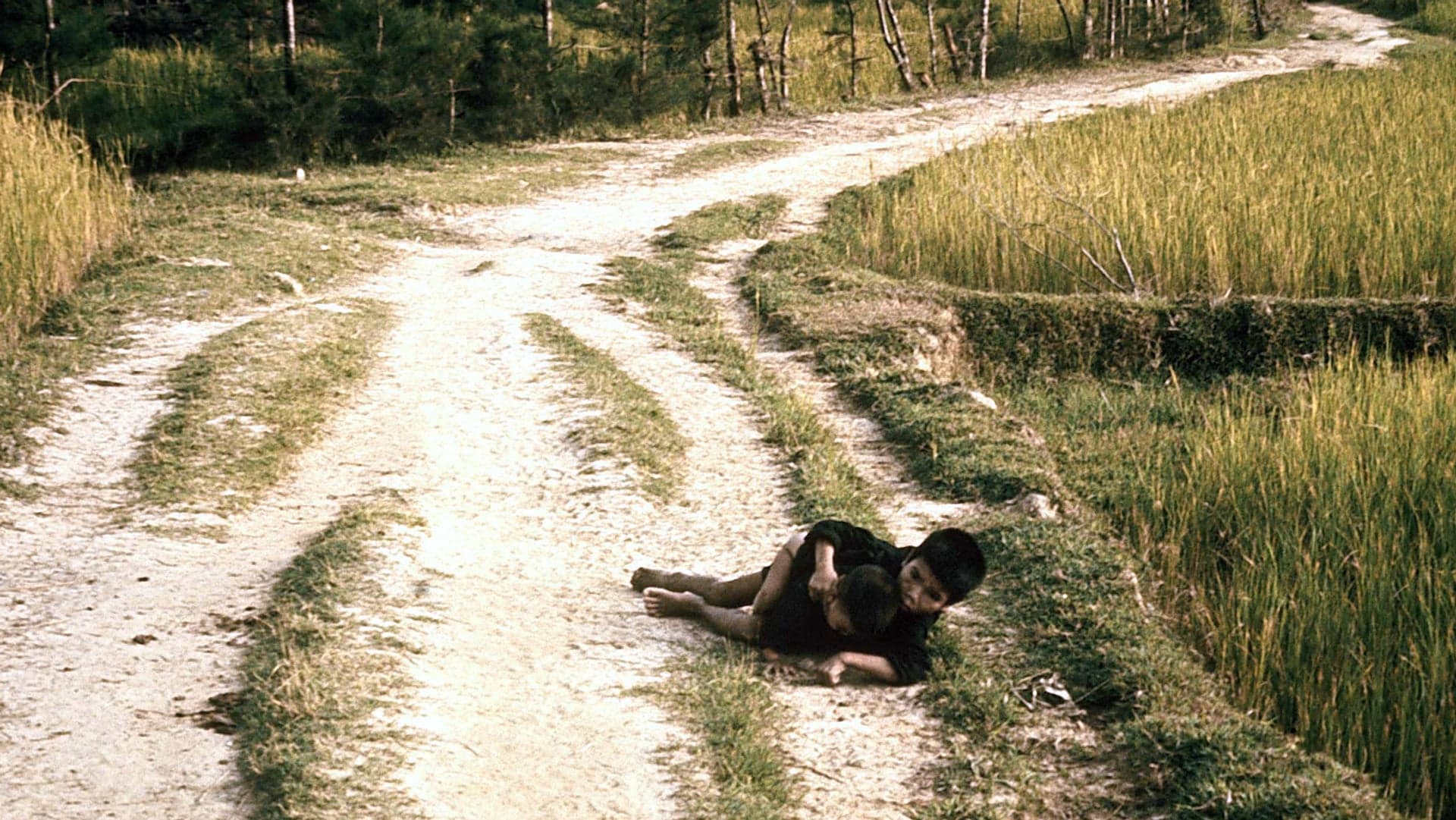On March 16, 1968, a platoon of American soldiers brutally kills as many as 500 unarmed civilians at My Lai, one of a cluster of small villages located near the northern coast of South Vietnam. The crime, which was kept secret for nearly two years, later became known as the My Lai Massacre.
In March 1968, a platoon of soldiers from Charlie Company received word that Viet Cong guerrillas had taken cover in the Quang Ngai village of Son My. The platoon entered one of the village’s four hamlets, My Lai 4, on a search-and-destroy mission on the morning of March 16. Instead of guerrilla fighters, they found unarmed villagers, most of them women, children and old men.
READ MORE: How the Army's Cover-Up Made the My Lai Massacre Even Worse
The soldiers had been advised before the attack by army command that all who were found in My Lai could be considered VC or active VC sympathizers, and were told to destroy the village. They acted with extraordinary brutality, raping and torturing villagers before killing them and dragging dozens of people, including young children and babies, into a ditch and executing them with automatic weapons. The massacre reportedly ended when an Army helicopter pilot, Warrant Officer Hugh Thompson, landed his aircraft between the soldiers and the retreating villagers and threatened to open fire if they continued their attacks.
The events at My Lai were covered up by high-ranking army officers until investigative journalist Seymour Hersh broke the story. Soon, My Lai was front-page news and an international scandal.
READ MORE: How the Vietnam War Ratcheted Up Under 5 US Presidents

